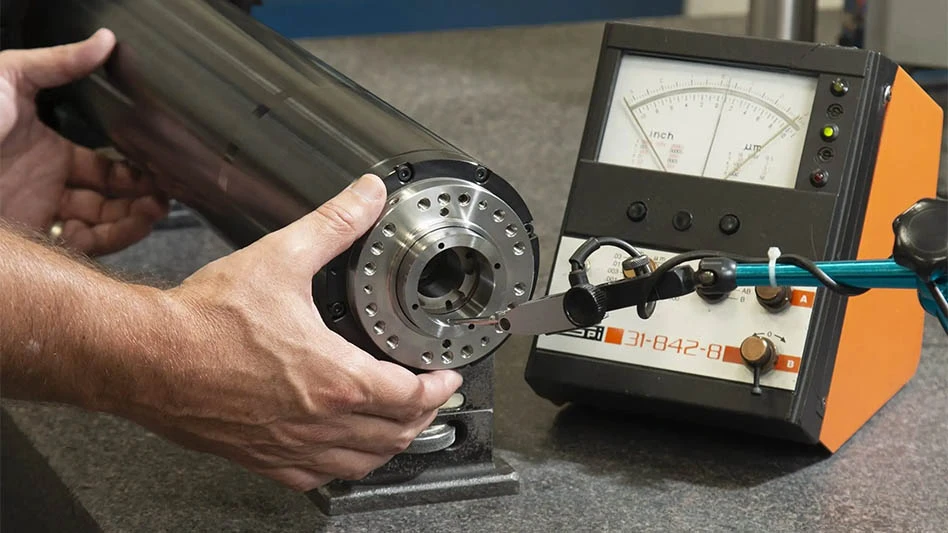
Munich Re and Fraunhofer-Gesellschaft
In the face of the corona pandemic, Munich Re and Fraunhofer-Gesellschaft launched a challenge with the aim of pooling the most capable minds to alleviate the consequences for those severely affected all around the world.
In March the Give a Breath Challenge set out to identify the best designs and blueprints to enable the immediate and decentralized production of emergency ventilation equipment.
The challenge was equipped with a budget of more than €1 million for prize purses and a realization fund. We received many excellent ideas and seven teams made it into the shortlist to refine and finalize their designs.
The winners’ equipment: versatile, inexpensive, multi-purpose
More than 150 project designs were submitted worldwide. Seven teams were selected for the final in April and received support for the manufacture of prototypes. In mid-July, the prototypes were examined by experts at the ETH Zürich (Swiss Federal Institute of Technology Zurich) and Prof. Dr. Dieter Köhler, former president of the German Society for Pneumology (DGP), who applied internationally recognized testing methodologies. The jury determined the winners on the basis of their findings.
Now the way is paved for 3D-manufacturing of the best designs to combat the consequences of an COVID-19 infection. A pilot will be kicked off in South Africa together with the Stellenbosch University and the Tygreberg Hospital in Cape Town among others.
The Challenge was divided into three sub-challenges: 1) for non-invasive ventilators and O2 concentrator devices; 2) for respiratory masks for non-invasive ventilation; and 3) for education or training for additional workers drafted in to help.

Challenge I: First prize – SmartCPAP
The SmartCPAP team together with AC Aircontrols GmbH developed a non-invasive ventilator that can be produced inexpensively anywhere and used in a wide range of conditions. The machine has some special features that make it particularly suitable for COVID-19 patients. For example, it assists patients very flexibly and spontaneously with breathing both in and out, thereby providing support for as long as possible without intubation so that intensive-care beds can be kept free for more serious cases. The SmartCPAP can work with oxygen from various different sources and also has features that save oxygen – an important aspect in a crisis in which oxygen is a rare commodity.

Challenge I: First prize – Vivid Breath
The Vivid Breath team also received an award in this category. Vivid Breath developed an exceptionally inexpensive respirator system comprising an O2 concentrator and a ventilator. It offers various possibilities for ventilation and other purposes in addition to its current use for Covid-19 patients. The O2 concentrator can supply up to six patients with oxygen at the same time. The materials and components required can be procured easily or manufactured locally using a 3D printer.

Challenge II: First prize – Soteria
The Soteria team was the winner in the respiratory mask category. A 3D printer is also all that is needed to produce a Soteria mask. Due to its innovative internal honeycomb structure, it can be adapted flexibly to different shapes and sizes of face, enabling it to be sealed very effectively. It can also be used for many different types of ventilator. Assembly instructions with illustrations and a video tutorial help ensure that it can be quickly introduced.

Challenge III: First prize – Virus Fighter´s Handbook
The Virus Fighter’s Handbook was the winner in the training material category. A team from the Project Group for Automation in Medicine and Biotechnology (PAMB) at the Fraunhofer Institute for Manufacturing, Engineering and Automation (IPA) worked with experts from Festo SE & Co. KG and doctors from a number of clinics to develop the design of a digital manual based on an existing app. Registered users receive information via the app on the use and maintenance of the newly developed equipment, with specific information provided on treating COVID-19 patients.
Equipment to be piloted in South Africa
The digital blueprints for the ventilators and masks, including information on their manufacture, assembly and use, are to be made available to governments and partners throughout the world to enable them to be produced and used locally. The digital handbook for the treatment of Covid-19 patients will also be globally accessible via an app. This approach will enable severely affected regions to receive support more quickly and independently of international supply chains.
A plan for working with Stellenbosch University in South Africa to pilot the equipment designed has already been developed. Discussions on piloting are currently taking place with the Faculty of Medicine and Health Sciences at Stellenbosch University, the Tygerberg Hospital in Cape Town, the Centre for Rapid Prototyping and Manufacturing in Bloemfontein and the Fraunhofer Innovation Platform (FIP) at Stellenbosch University. Over the next few weeks, the necessary clinical studies and functional tests are to be carried out to enable the equipment to be approved by the South African authorities.
Support group from industry and science
Munich Re and the Fraunhofer-Gesellschaft would like to thank not only those taking part in the Challenge, but also the experts from industry and science who contributed their expertise on the jury and in various consultations, and agreed to further assistance being provided via the knowledge and networks at their companies.
If you are interested in implementing one of the solutions in your country or organization please get in contact with our team.
Thomas Doppelberger
Head of Fraunhofer Venture
Martin Sondenheimer
Head of New Business Incubation
Latest from Aerospace Manufacturing and Design
- JetZero all-wing airplane demonstrator achieves milestones
- Cermet indexable inserts for medium turning operations
- Trelleborg acquires Aero-Plastics
- Industrial automation products, enclosed encoders
- #61 - Manufacturing Matters: CMMC roll out: When do I need to comply?
- AIX shows aircraft interiors are a strategic priority for global airlines
- Machine Tool Builders Roundtable: Turn equipment into expertise
- No time to waste: How to machine MedTech parts more efficiently





